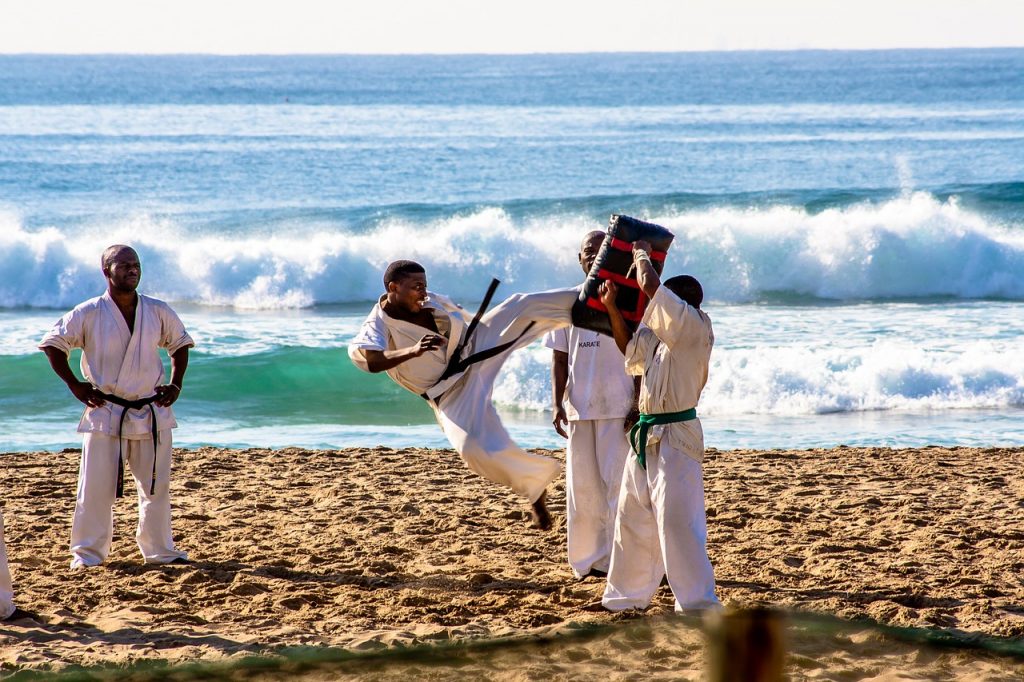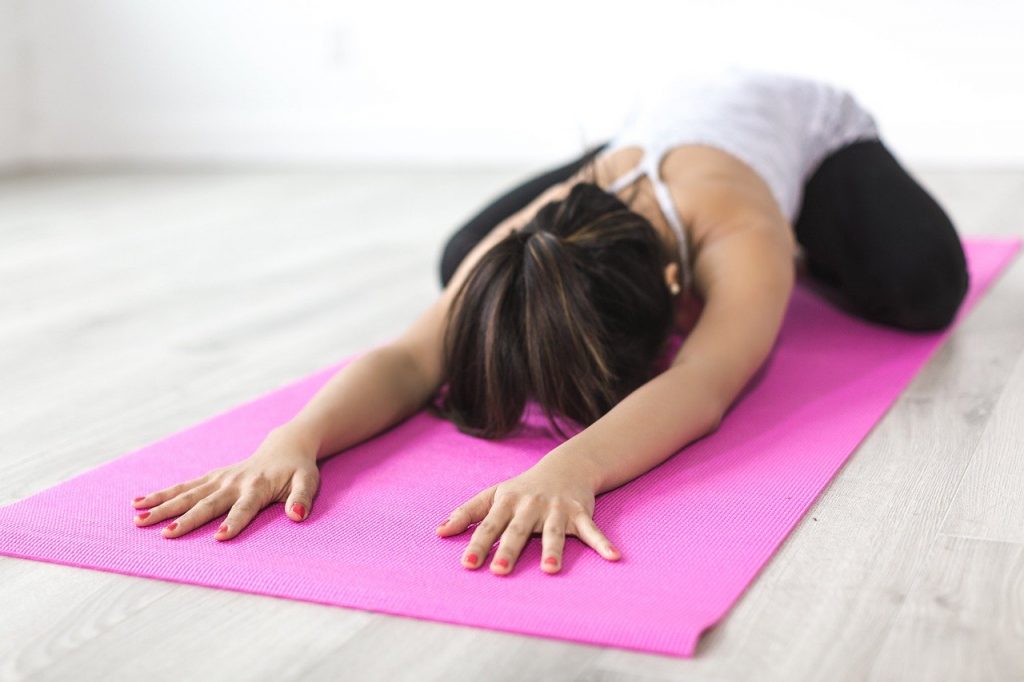Learn About It In German: Muskelkater Posted by Constanze on Feb 26, 2020 in Language
Delayed onset muscle soreness (DOMS, as it is commonly known in English) describes the pain and soreness felt in your muscles a day or two after working out, or doing some form of hard, physical labour. The German language has a fantastic word for this: Der Muskelkater, which breaks down to der Muskel (muscle) and der Kater (hangover) and therefore translates to ‘muscle hangover’!
A regular Kater (hangover) is not pleasant, and Muskelkater is not especially pleasant, either. But why does it happen, and what can be done to help ease or prevent it? The following text will give you some information about Muskelkater, and teach you German vocabulary related to health and fitness. At the bottom of the post I will repeat the words used in the text, together with their genders.
Why does Muskelkater happen?
There are various reasons you might get Muskelkater. These include: Starting a new Übungsprogramm/Fitnessprogramm (exercise programme); increasing the Intensität (intensity) or Dauer (duration) of your regular exercise routine; changing the type of Training (training) you are doing; coming back to exercise after a Pause (break).
In all of these instances, die Muskeln (the muscles) are required to work harder (or in a different way) than they’re used to. This causes mikroskopisch (microscopic) damage to the muscle fibres, which is what leads you to feel Schmerz (pain/soreness) in the muscles.
How can I prevent Muskelkater?
Unless you have a completely sitzender Lebensstil (sedentary lifestyle), which is not recommended (what is recommended is an aktiver Lebensstil), Muskelkater cannot be completely avoided. However, the best way to minimise Muskelkater is to start off easy and build new exercise routines allmählich (gradually).
I have Muskelkater! How can I make it better?
The following things might help ease your Muskelkater:
die Erholung – rest
die Massage – massage
der Eisbeutel – ice pack
das Schmerzmittel – painkillers
Übungen mit niedrige Belastung – low-impact, light exercises. Examples include Schwimmen (swimming) and Yoga (yoga)
die Dehnübungen – stretching exercises
Your Ernährung (nutrition) also plays a part. Eating meals rich in Eiweiß/Protein (protein) and Kohlenhydrat (carbohydrate) will ensure your muscles get the nutrients they need to repair and recover quickly.
Muskelkater can last anywhere between 1-5 Tage (days), and although it can be uncomfortable, don’t fear it! It’s perfectly normal (normal)!
I hope this has taught you some more German vocabulary, and more about your Körper (body)! 🙂
Vocabulary from the text
Das Übungsprogramm/Fitnessprogramm – exercise programme
Die Intensität – intensity
Die Dauer – duration
Das Training – training
Die Pause – break
mikroskopisch – microscopic
Der Schmerz – pain/soreness
allmählich – gradually
Der sitzender Lebensstil – sedentary lifestyle
Der aktiver Lebensstil – active lifestyle
Die Erholung – rest
Die Massage – massage
Der Eisbeutel – ice pack
Das Schmerzmittel – painkillers
Die Übungen mit niedrige Belastung – low-impact, light exercise
Das Schwimmen – swimming
Das Yoga – yoga
Die Dehnübungen – stretching exercises
Die Ernährung – nutrition
Das Eiweiß/Das Protein – protein (‘Eiweiß’ is also the word for ‘egg white’)
Das Kohlenhydrat – carbohydrate
Der Tag – day
normal – normal
Der Körper – body

Build vocabulary, practice pronunciation, and more with Transparent Language Online. Available anytime, anywhere, on any device.







